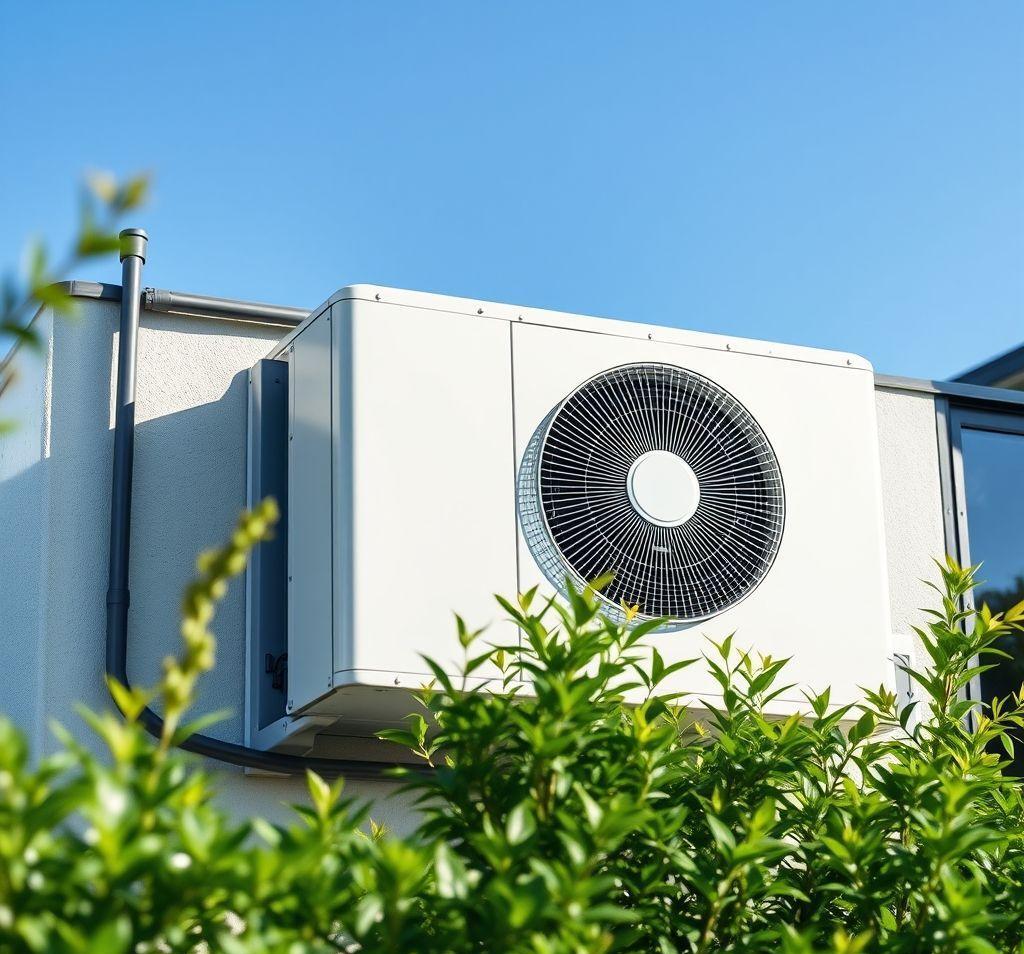Fact Check: New Study Reveals the True Long-Term Energy Savings and Environmental Impact of Heat Pumps
Heat pumps have emerged as a promising technology in the quest for sustainable heating and cooling solutions. However, questions remain about their long-term effectiveness and environmental impact. A recent study provides a comprehensive analysis, offering valuable insights into the true potential of heat pumps. Let’s delve into the key findings and examine the facts behind this increasingly popular technology.
The Methodology of the Study: A Deep Dive
The credibility of any study hinges on its methodology. This particular research employed a multi-faceted approach, combining real-world performance data from a large sample of heat pump installations with sophisticated modeling techniques. Researchers analyzed energy consumption patterns over several years, accounting for factors such as climate variations, building types, and usage habits. Crucially, the study also incorporated lifecycle assessments, considering the environmental impact of heat pump manufacturing, operation, and disposal. Furthermore, different types of heat pumps (air-source, ground-source, and water-source) were considered, allowing for detailed comparison.
Long-Term Energy Savings: Quantifying the Reduction
The study’s findings on long-term energy savings are compelling. On average, heat pumps demonstrated a significant reduction in energy consumption compared to traditional heating and cooling systems. Specifically, air-source heat pumps showed an average energy saving of 40% compared to electric resistance heating and 20% compared to modern gas furnaces. Ground-source heat pumps exhibited even greater savings, reaching up to 60% compared to conventional systems. These savings translate into lower utility bills for homeowners and a reduced strain on energy grids. It’s important to note that the actual savings can vary depending on factors such as climate, insulation levels, and the efficiency of the heat pump model.
Environmental Impact: Beyond Energy Consumption
Beyond energy savings, the study explored the broader environmental impact of heat pumps. While heat pumps rely on electricity, their overall carbon footprint can be significantly lower than fossil fuel-based systems, especially when powered by renewable energy sources. The study considered the emissions associated with electricity generation, factoring in the increasing prevalence of renewable energy in many grids. The analysis revealed that heat pumps, when coupled with renewable energy, can achieve substantial reductions in greenhouse gas emissions. Furthermore, the study addressed concerns about refrigerant leakage, a potential environmental hazard associated with heat pumps. Modern heat pumps use refrigerants with lower global warming potential, and the study emphasized the importance of proper installation and maintenance to minimize leakage.
Debunking Common Myths About Heat Pumps
Despite the evidence supporting the benefits of heat pumps, several misconceptions persist. One common myth is that heat pumps are ineffective in cold climates. While older models may have struggled in extreme temperatures, modern heat pumps are designed to operate efficiently in a wide range of climates. Another misconception is that heat pumps are noisy. While some noise is inherent in the operation of any mechanical system, modern heat pumps are engineered to minimize noise levels. This study helps to dispel these myths by providing data-driven insights into the performance and capabilities of heat pumps in real-world conditions.
Conclusion
This comprehensive study provides valuable insights into the long-term energy savings and environmental impact of heat pumps. The findings confirm that heat pumps offer a compelling alternative to traditional heating and cooling systems, delivering significant energy savings and reducing greenhouse gas emissions, especially when paired with renewable energy. By debunking common myths and providing data-driven evidence, this research empowers homeowners and policymakers to make informed decisions about adopting this sustainable technology and contributing to a greener future.

